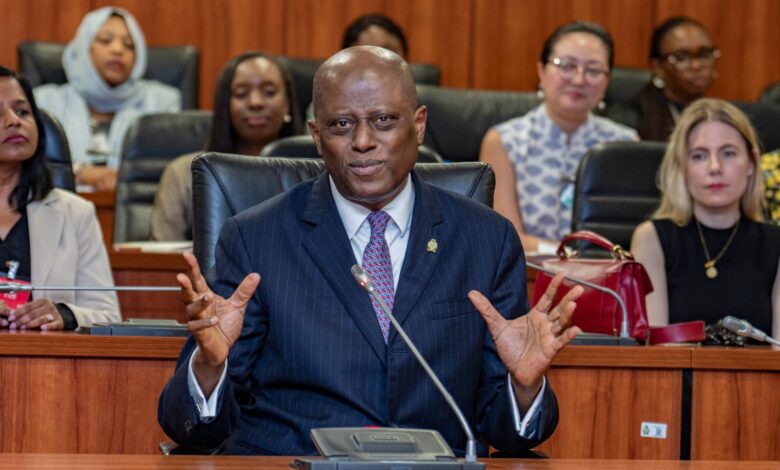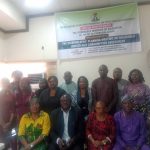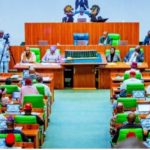By Chidi Ugwu
The Governor of the Central Bank of Nigeria (CBN), Mr. Olayemi Cardoso, has reported signs of progress in stabilising the foreign exchange market and curbing inflation, as recent policy reforms begin to take effect.
Cardoso made this announcement during an engagement with scholars from the Harvard Kennedy School (HKS) at the CBN headquarters in Abuja.
The delegation, consisting of 50 students from 19 countries, included representatives from Harvard Business School, Massachusetts Institute of Technology (MIT), and Stanford University. Their trip, part of the Africa Trek initiative, also included a stop in Ghana.
A CBN statement issued on Tuesday emphasized Cardoso’s commitment to fostering policy-driven solutions and rebuilding trust in Nigeria’s financial system.
Cardoso, himself an HKS alumnus and the first African elected to the global HKS Alumni Board of Directors, reaffirmed the CBN’s dedication to being a center for thought leadership.
“As we reset the Bank, we are committed to being a hub for thought leadership. The exposure you gain from institutions like Harvard is invaluable, and we see this as an opportunity to build long-term alliances,” Cardoso said.
The CBN governor also highlighted increased interest from international financial institutions, viewing it as a positive signal for investor confidence.
He cited recent visits from senior executives at JP Morgan, Citi Bank, and the International Monetary Fund (IMF) as evidence of renewed trust in Nigeria’s economic direction.
“These are individuals who base their decisions on data and trends, not sentiment. Their interest reaffirms that we are on the right path,” Cardoso remarked.
The President of the Harvard Kennedy School Alumni Association of Nigeria, Adaora Ndukwe, and the HKS Nigeria Trek Delegation Lead, Sheffy Kolade, commended the CBN for hosting the students and engaging with future policymakers.
Recent market trends show that the Nigerian naira ended the first trading session of the week on a positive note, appreciating by 0.37 per cent to settle at N1,531.2/$1 in the official forex market—up from N1,537/$1 on Friday.
However, volatility remains high, with the naira fluctuating between N1,480/$ and N1,600/$ in recent weeks. This reflects the ongoing struggle between monetary policy and market forces, despite CBN’s efforts to stabilize the currency.
On the inflation front, Nigeria’s inflation rate declined to 23.18 per cent in February 2025, a slight drop from 24.1 per cent in January 2025, according to the National Bureau of Statistics (NBS).
This followed an overhaul of the Consumer Price Index (CPI) for the first time in 16 years, shifting the reference year to 2024 for a more accurate reflection of household inflation pressures.











